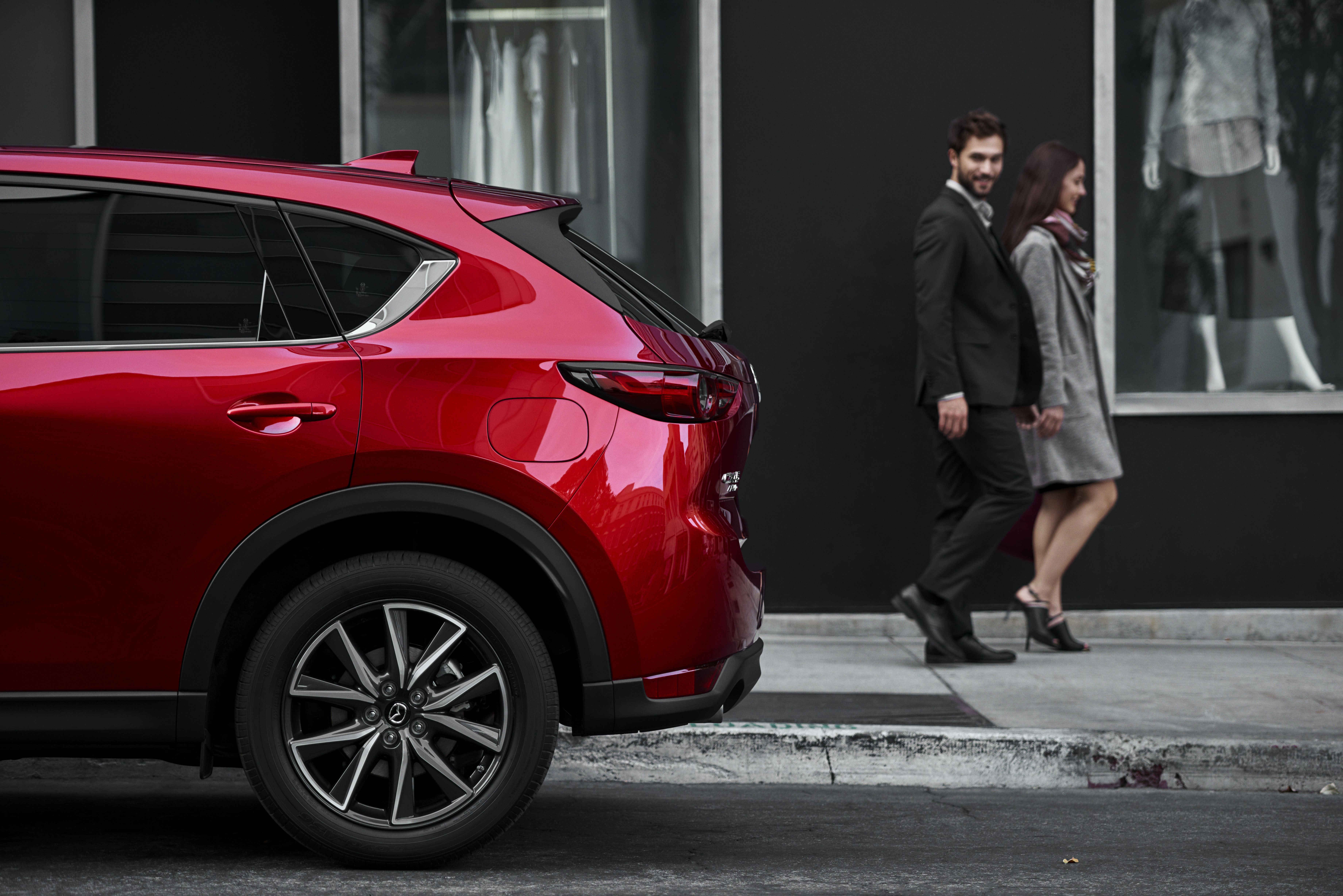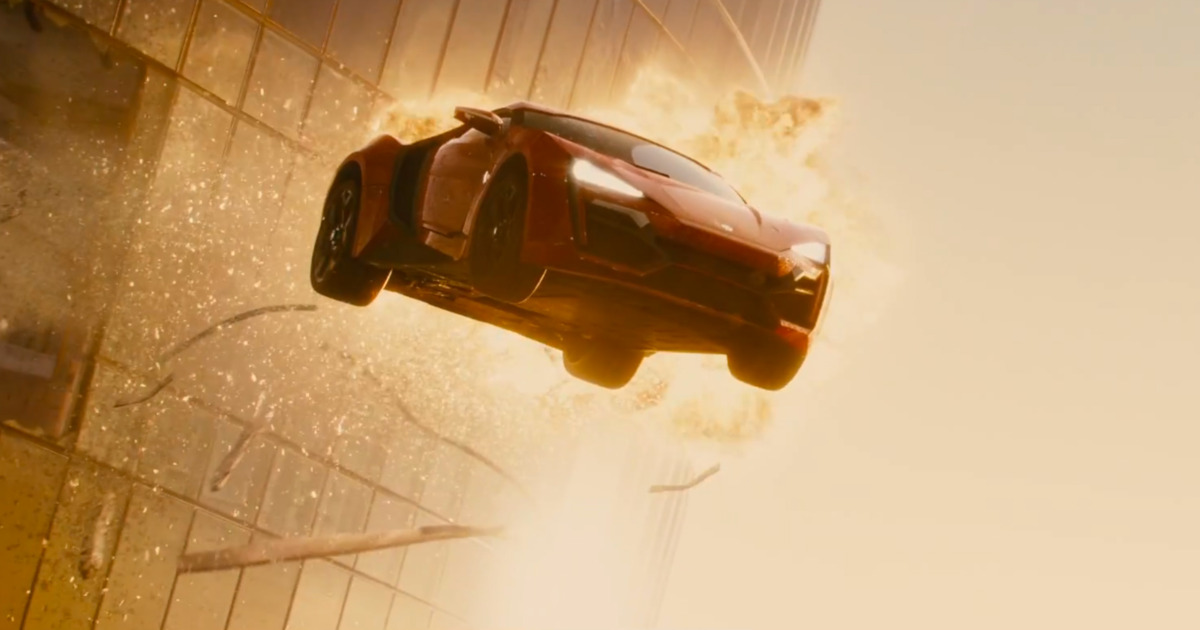It’s been a weird year for the Academy Awards and it begins with the eclectic mix of Best Picture nominees. It’s understood that films nominated each year for the Academy Awards must hold some merit as being the BEST picture for that year but that’s not exactly the case this time. Here is my take on the eight films nominated for best picture of 2018 followed by my pick of which film deserves the award.
Green Book
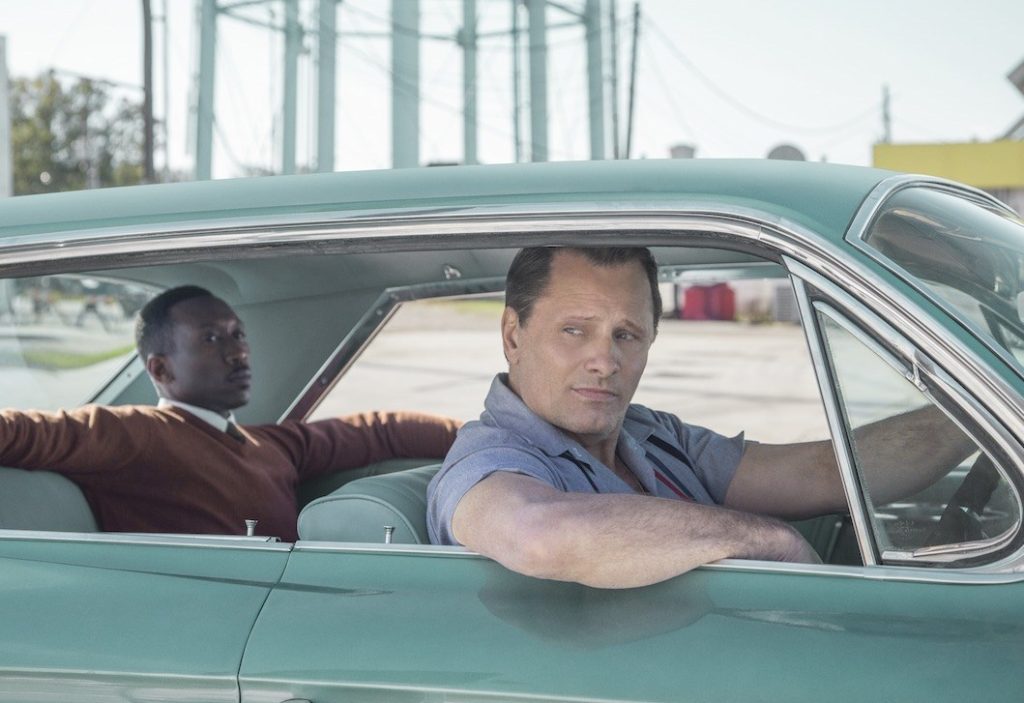
Green Book will feel familiar because you’ve seen this film before . . . sort of. It follows a familiar and classic Hollywood pattern and most viewers will certainly see the film’s destination way before the story actually gets there. Predictability isn’t necessarily bad and there’s a reason why it works here. Green Book is cinema at its most approachable and with a plot like this one, simple can be most effective. Based on a true story of an African American classical pianist who embarks on a tour through the deep south in the late 50s with his Italian American driver, Green Book feels like a buddy road trip flick where racial tension and culture clashes are the obstacles each character must overcome before they can truly become friends. Some critics have complained that the story takes liberties with the facts of the true story but I say, dramatize it! No film based on a true story is 100% factual. Green Book isn’t enjoyable because of the facts it presents, it’s enjoyable because it creates a nostalgic experience that is a darn funny, feel-good, redemption film all audiences can learn from.
Bohemian Rhapsody
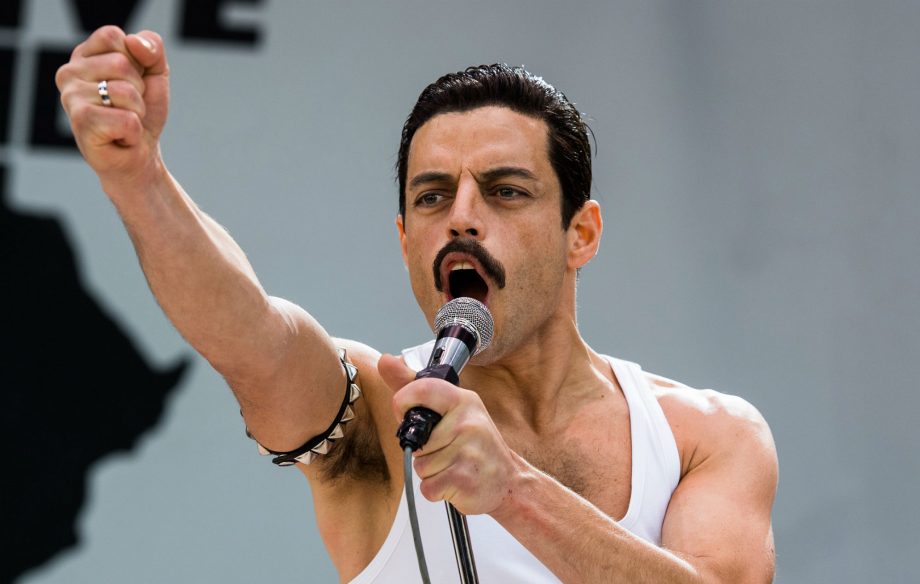
Freddie Mercury, the lead singer of the rock band Queen, once said “I won’t be a rock star. I will be a legend.” In many regards, Mercury achieved that status but in Bohemian Rhapsody we see that the drive to be a legend often took priority over maintaining his personal life in detrimental ways. However, the music always carried him through his trials and songs Queen made famous are rightfully the “star” of the film. The story of Mercury’s rise to fame is
BlacKkKlansman
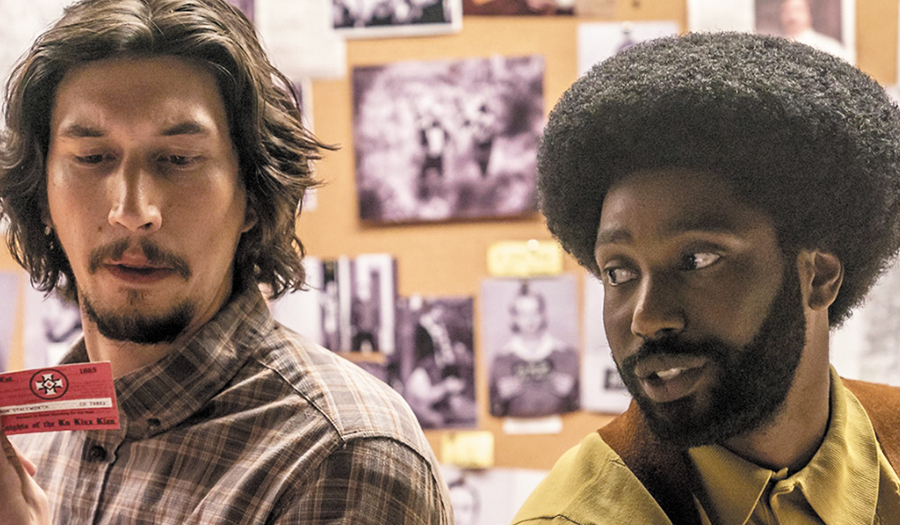
A film about a true story involving an African American police officer that successfully infiltrated the ranks of the Klu Klux Klan in the late 1970s could only have been directed by one auteur: Spike Lee. Lee’s films usually fly under the radar for mainstream audiences but BlacKkKlansman is perhaps one of his most mainstream films to date. It’s surprisingly energetic, downright hilarious in many scenes and thoughtful in its even-handed depiction of the KKK. Some of the most memorable characters in the film – for all the wrong reasons, of course – are Klan members and Adam Driver almost steals the show from John David Washington. Spike Lee hasn’t lost any of his touch; in fact, there is a certain level of maturity here that allows for a well-balanced film that awards both mainstream audiences and his long time fanbase who have come to expect a bit of quirkiness from his films. It’s almost as if the film’s protagonist is living in two worlds – a mainstream hollywood world and Spike Lee’s world of Black empowerment films. Both realms of cinematic reality mix successfully in BlacKkKlansman. Not to mention, the film’s subject matter is quite timely, holding a mirror to America’s current state of race relations.
Vice
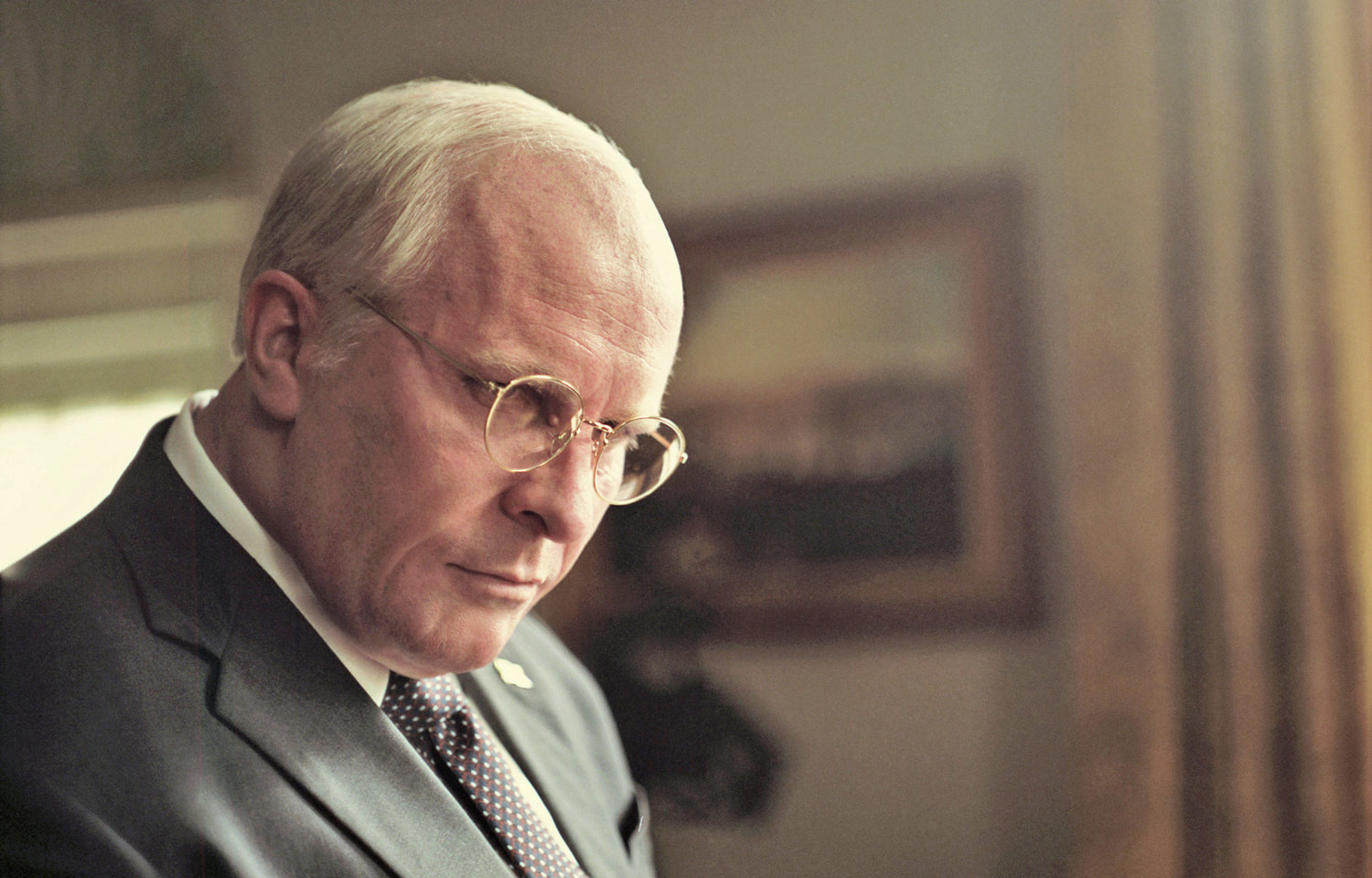
How can a film about someone as conniving as Dick Cheney be so much darn fun? When you consider that Vice’s director is Adam McKay, the helm behind such slapstick comedies as Anchorman and Step Brothers, it’s no wonder that this dark comedy goes out of its way to poke fun, wherever it can, at the former Vice President. Christian Bale absolutely nails Cheney’s mannerisms and is perhaps the highlight of a film that is unafraid to take a staunch political viewpoint. Vice certainly puts the dark in dark comedy though and pulls no punches when it comes to portraying a certain Conservative party in a negative light. This is liberal filmmaking at its most unabashed, sometimes so much so that it’s difficult to take it seriously. Make no mistake: this is not an objective take on Cheney’s life. It is most certainly a one-sided view of a political figure that veers dangerously close to “sketch comedy.” Where Vice does shine, however, is in its ingenious storytelling methods that challenge the viewer to consider how they digest satirical dramas.
A Star is Born
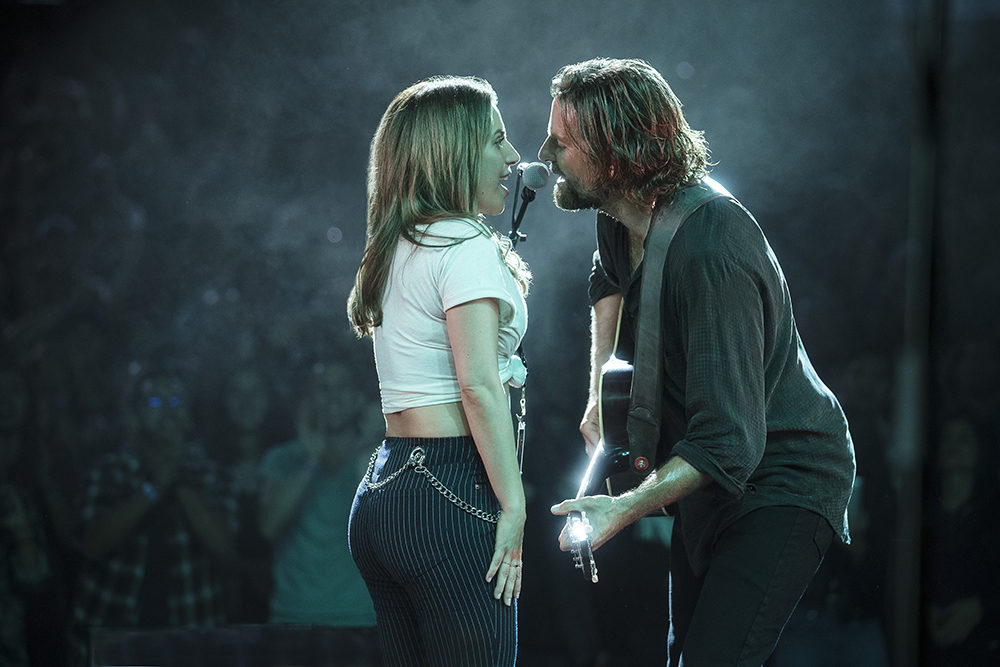
I didn’t realize going into this film that it really isn’t about the birth of a star but rather the vacuum that’s left in the wake of its creation. A Star is Born starts off strong – an intimate “boy meets girl” tale that feels fresh and full of chemistry – but unfortunately rolls quickly toward an ending that felt a tad rushed and ultimately unfulfilling. Still, there is a rawness to the overall film that elevates it to an artistic tier that is obviously credited to it’s director, Bradley Cooper. There are fantastically framed shots everywhere and the dialogue is realistic in a way that films like this rarely are. Cooper and Lady Gaga both shine bright in their roles, even if it is difficult to separate Gaga’s real life pop-star persona from her singer/songwriter persona in the film. I found myself wondering how different of a movie this would have been if Cooper had cast an unknown singer who was actually looking for her “big break” in real life. That could have made this film uniquely surreal in that the role would potentially and literally create a star.
The Favourite
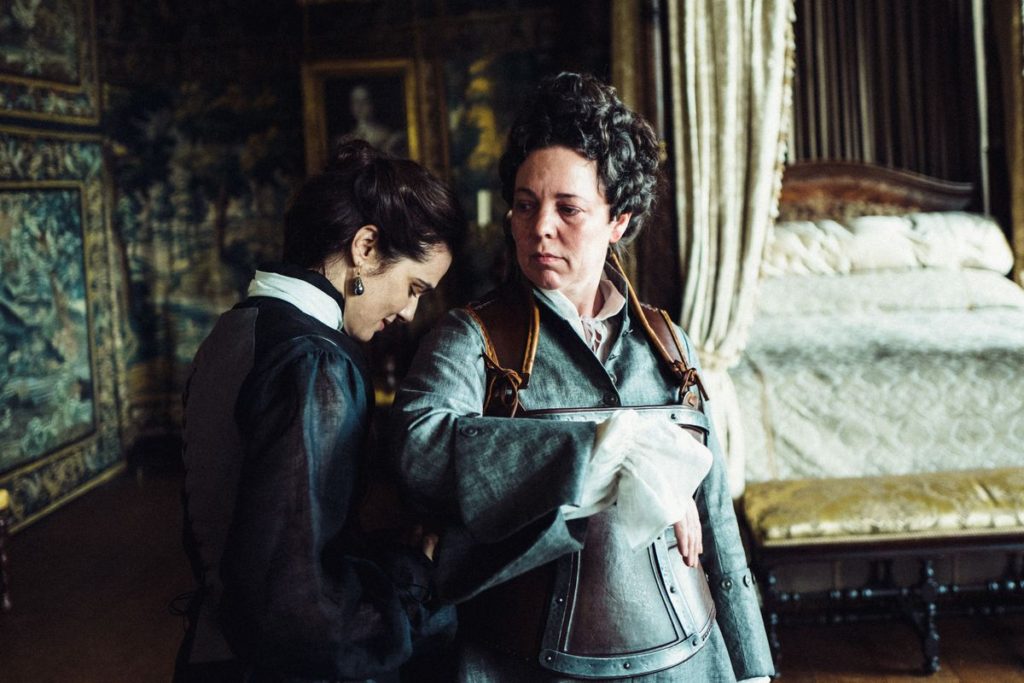
Sometimes a smaller window is more satisfying to peer through than a large sweeping one. This is the essence of viewing The Favourite. The film revolves, almost solely, around Emma Stone, Rachel Weiz and Olivia Coleman’s characters and it’s all the better for it; each actress brings their “A” game and it’s no surprise that all three are nominated for acting awards at the Oscars. Their performances are not only believable but are essential to this story of love, betrayal and revenge. It’s a breath of fresh air to see a film where the female leads are allowed to drive the story with almost no interference from male counterparts. Smart snappy editing, clever usage of wide angle lens and a well-paced story structure move the story along nicely; less creative hands could have made this into a slow, tedious period piece. I wasn’t totally satisfied with the ending but it felt appropriate and I had no regret about embarking on the journey to get there.
Roma

A beautifully shot film with hauntingly subdued performances, Roma is ultimately an empty shell of a film that feels like it had more to share than it actually did. While the viewer is supposed to gain a kinship with Cleo, the story’s protagonist played by newcomer Yalitza Aparicio, the film instead insists on distracting us through surreal and eclectic visions of a period in Mexico’s time that obviously has significance to director Alfonso Cuarón. Some of these peripheral scenes are funny and mesmerizing – I’ve never been more entranced and awed by mop water splashing on tiled floor – but they can’t carry a story that sees Cleo’s character arc never fully change throughout the film. I had such high hopes for a movie by the filmmaker who brought us one of my favorite films: Children of Men. It’s a shame because there are some genuinely gut wrenching scenes in this film, including one in a hospital that was almost too hard to watch. Cuaron should be commended for opting for black and white over color, but unfortunately it mirrors the colorless story that simply depresses more than anything else..
Black Panther
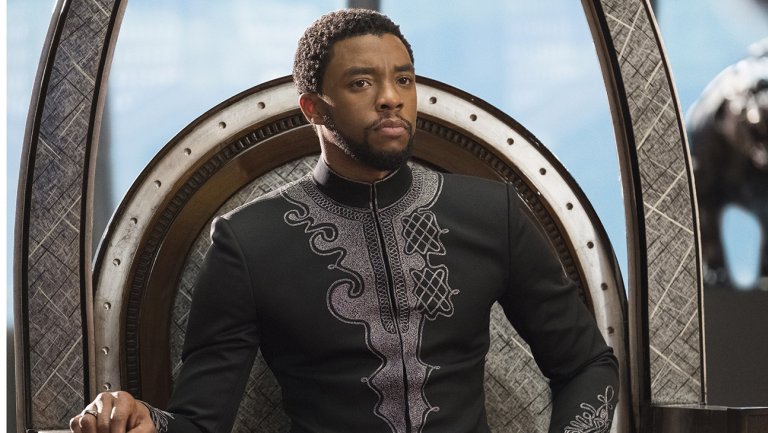
I enjoyed Black Panther but its at the end of my list because it doesn’t deserve to be on this list. It’s a fun film and made history by relying on a mostly African-American cast full of talented actors. I highly recommend it to anyone who loves big budget, superhero flicks but just because it was groundbreaking doesn’t mean it holds the artistic merit to be nominated as one of best films of 2018. I found the story’s villain, Killmonger, to be a laughable stereotype who didn’t have the nuances of more fleshed-out superhero villains like the X-men’s Magneto or the Avenger’s Thanos. The entire film has an eye-catching color palette but special effects are laid on thick, sometimes to the film’s detriment. I think the pop-culture laden aura surrounding the film leaves more of a satisfying residual effect than an Oscar nomination does.
My Pick for Best Picture: BlacKkKlansman
Not only is it high time Spike Lee won an Oscar for Best Picture but BlacKkKlansman successfully embodies the state of filmmaking and captures a snapshot of modern society that is still highly relevant to 2018. As I mentioned before, BlacKkKlansman feels like a pinnacle in Spike Lee’s career and contains just enough of his signature touch to make it iconic while maintaining an appeal to a mass audience. Winning is a long shot for this film – the other nominated film about race relations, Green Book, probably has more a chance of winning – but I’m hoping the academy chooses wisely this year, opting for something with more longevity. At the very least, give Spike the Best Director win. The man has earned it.



